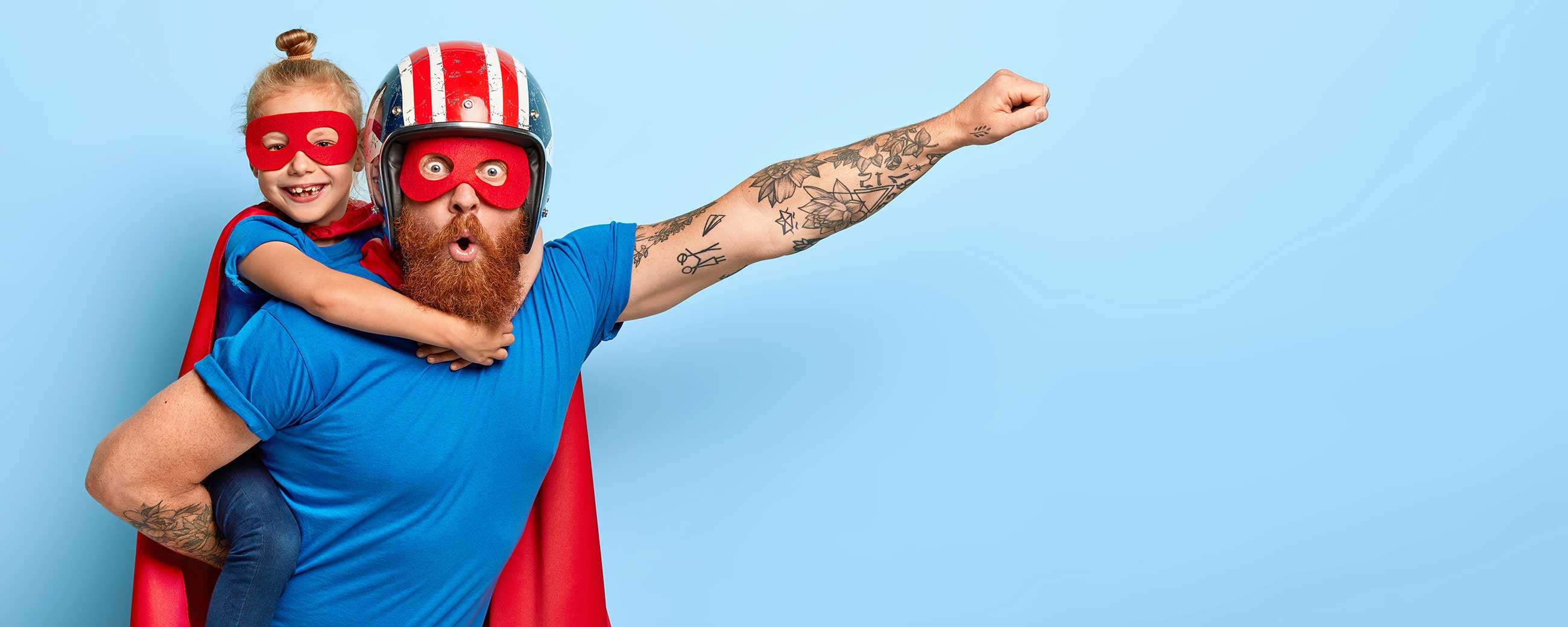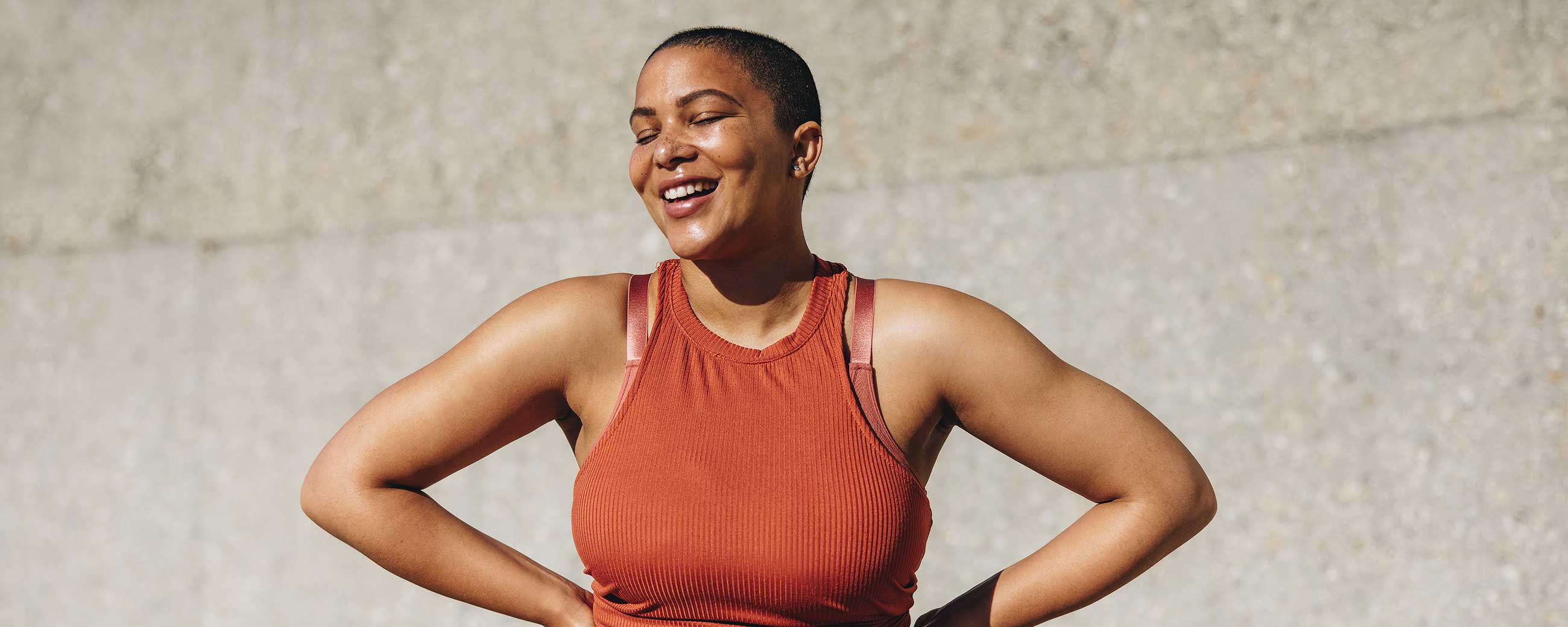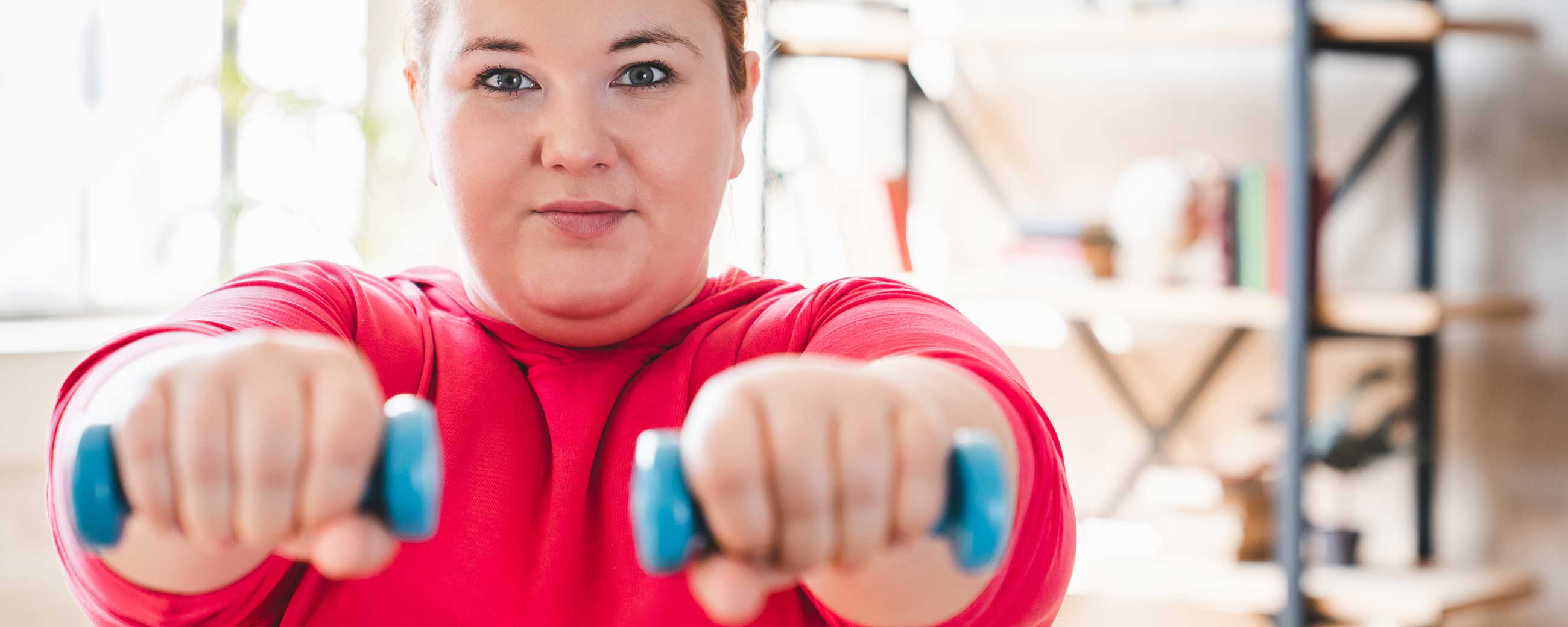
Do Weighted Vests Help With Weight Loss?

Ask Theresa is an advice column by Theresa Link. A Virta Health Coach since 2015 and a loyal follower of the ketogenic lifestyle, Theresa is a Registered Dietitian who is an expert in living a metabolically-healthy life.
This week, Theresa breaks down why weighted vests and rucking are the hottest fitness trend—and how adding a little weight to your walk can boost strength, burn more calories, and even improve posture. Simple, scalable, and surprisingly fun.
❓Question:
Theresa,|
I’ve been seeing people at the park walking around with those weighted vests and backpacks full of bricks (apparently it’s called “rucking”, and I’m curious—what’s the deal with them? Are they actually helpful, and is it something I should try, or just another fitness fad?
What the ruck?
👩💻 Theresa:
These days I can’t open my front door without seeing someone walking down the street in a weighted vest. They’re everywhere —on runners, hikers, weekend warriors, and that group of 40-somethings having CrossFit flashbacks.
The idea of carrying extra weight comes from military training—soldiers have marched with heavy packs (“ruck sacks”) for centuries to build strength and endurance, and it remains a core part of fitness today. Weighted vests and rucksacks started catching on with everyday athletes in the ’80s and ’90s as a way to add resistance to workouts, then exploded in popularity in the early 2000s. Fast forward 20 years, and you’ll see them on just about anyone who thinks walking the dog should feel like Navy SEAL training. Our sister magazine Spark even published an article all about the advantages of rucking.
So what’s behind the hype? Are these a legit fitness tool—or just another heavy trend?
Let’s dig in.
What’s the difference between wearing a weighted vest and rucking?
A weighted vest spreads the weight across your chest and back, which works well for exercises like push-ups, light jogging, and mall walking. Rucking is basically just walking with a weighted backpack—most of the weight sits on your back, a practice that originated in military training. The best part? You don’t need any fancy equipment—just grab a regular backpack and load it up with a few books, some canned goods, or the five-pound bag of flour you promised yourself would turn into sourdough during the pandemic.
Both methods are easy to scale up or down while helping you build strength and getting cardio benefits at the same time. Plus, you can sport them anywhere: while doing chores, walking the dog, or at happy hour with your coworkers. It’s a great conversation starter.
Will wearing a weighted vest or ruck pack help me lose weight?
On its own, probably not. Just like any other type of exercise, a weighted vest or ruck pack isn’t a magic bullet for weight loss—nutrition does the heavy lifting there. But here’s the good news: exercise is one of the best tools we have for keeping weight off once it’s lost. Weight-bearing activities, like walking with a vest or ruck, help you maintain lean muscle, which in turn supports your basal metabolic rate (the energy you burn just to stay alive). Since metabolism usually slows down during weight loss, this can make a big difference. In short, a weighted vest or ruck won’t do the work for you, but it can be a great ally in helping you maintain results.
Are weighted vests safe?
It’s much safer to carry extra weight on your torso than strapping it to your ankles or wrists—your joints will thank you. Weighted vests and rucks work the big movers: your core, hips, legs, and back, all while keeping your stride natural. They’re also lower impact than running and easy to scale up or down, which makes them a smart option no matter your fitness level.
Getting started with a weighted vest
Getting started is easier than you think—just grab a backpack, toss in about 5 pounds (a couple of books, canned goods, or whatever’s lying around), and bring it along on your daily walk. If you’re new to load-bearing exercise, give your doctor a quick check-in first. From there, you can slowly crank up the weight as you get stronger. And if you find yourself hooked, you can always level up with a weighted vest or a purpose-built ruck to make the whole thing more comfortable—and maybe even a little more legit.
This blog is intended for informational purposes only and is not meant to be a substitute for professional medical advice, diagnosis, or treatment. Always seek the advice of your physician or other qualified health provider with any questions you may have regarding a medical condition or any advice relating to your health. View full disclaimer
Are you living with type 2 diabetes, prediabetes, or unwanted weight?









